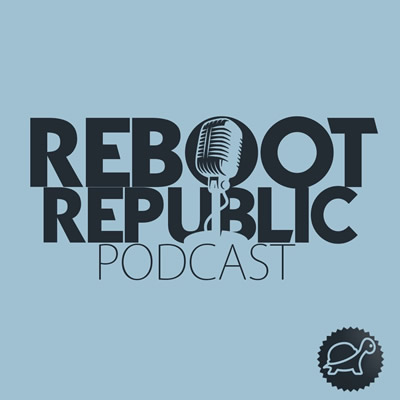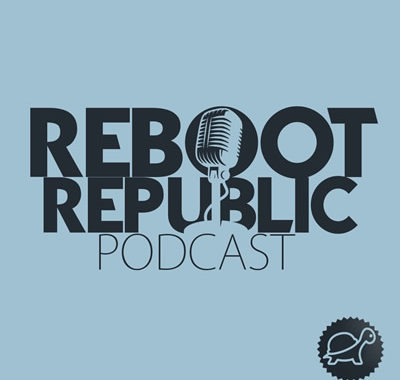 This second budget special podcast talks to Orla O Connor, Director of the National Women’s Council, Tanya Ward, Chief Executive of the Children’s Rights Alliance and Louise Bayliss, Cofounder of Single Parents Action for the Rights of Kids (Spark). They outline how COVID has affected women and children, highlighting domestic violence, the impact of the loss of education on children, the rise of food poverty and how all of this impacts on children. You’ll hear about how families have to prioritise rent and risk going hungry. Louise outlines the experience of exclusion felt by lone parents during COVID, the on-going stigmatisation and shame felt and the challenges of poverty. Tanya talks about the lasting impact of educational disadvantage and poverty on children. Orla outlines the NWCI’s feminist budget – based around universal public services – including housing, childcare, and domestic violence services, and valuing caring services and workers and fair taxation. We also discuss COVID, the rise and fall of societal solidarity and an agenda for a Republic of Equality.
This second budget special podcast talks to Orla O Connor, Director of the National Women’s Council, Tanya Ward, Chief Executive of the Children’s Rights Alliance and Louise Bayliss, Cofounder of Single Parents Action for the Rights of Kids (Spark). They outline how COVID has affected women and children, highlighting domestic violence, the impact of the loss of education on children, the rise of food poverty and how all of this impacts on children. You’ll hear about how families have to prioritise rent and risk going hungry. Louise outlines the experience of exclusion felt by lone parents during COVID, the on-going stigmatisation and shame felt and the challenges of poverty. Tanya talks about the lasting impact of educational disadvantage and poverty on children. Orla outlines the NWCI’s feminist budget – based around universal public services – including housing, childcare, and domestic violence services, and valuing caring services and workers and fair taxation. We also discuss COVID, the rise and fall of societal solidarity and an agenda for a Republic of Equality.
Support our podcast by joining us at: patreon.com/tortoiseshack

